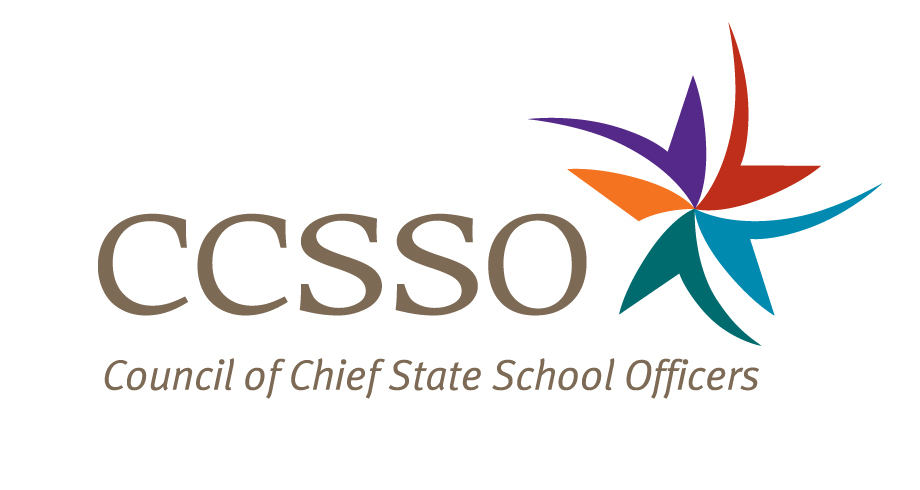
Washington, D.C. (March 20, 2020) - The Council of Chief State School Officers (CCSSO) convened a call this afternoon between state chiefs, U.S. Secretary of Education Betsy DeVos and other senior officials from the U.S. Department of Education. The call immediately followed President Trump’s announcement that the administration would provide federal waivers of assessment and accountability regulations.
Secretary DeVos said the department is clear-eyed about ongoing disruptions in learning due to the coronavirus outbreak, and has been looking for ways to extend needed flexibility to states. She praised states’ innovations in educating children at a distance, and CCSSO for helping bring states’ concerns to the department’s attention.
Department officials discussed the new ‘check-the-box’ form states may use to request these waivers, and pledged that states that use the form will receive a response within one day. States do not need to submit those waiver requests for public comment before submitting them to the U.S. Department of Education, but may do so at the same time they submit, or shortly thereafter.
Officials also recognized that states will likely need additional waivers of federal law, but emphasized that they chose to expedite flexibility for assessment and accountability regulations, as those were the most pressing for states.
The call also touched on state requirements in administering federal career and technical education grants, and special education.
On career and technical education, department officials recognized that states may not be able to comply with an April 15 deadline to submit state plans required under the Carl D. Perkins Career and Technical Education Act. There will be broad flexibility for states unable to meet that deadline, officials said.
On educating students with disabilities, officials pointed to the department’s March 12 guidance, and added that more clarifications will be forthcoming.
Officials emphasized that communication with families is particularly important at this challenging time. Schools are still responsible for providing appropriate services to students with disabilities, but may have to be more creative in doing so. For students with disabilities who can’t be educated using online services, schools can try providing curricular resources or instructional packets, or setting up teleconferences with parents and families. Compensatory education may be needed when school buildings re-open, officials said.
“CCSSO appreciates Secretary DeVos and U.S. Department of Education leaders for listening to chiefs’ concerns, taking the time to speak with state school leaders, and providing this new flexibility on assessment and accountability waivers,” said CCSSO Executive Director Carissa Moffat Miller. “State chiefs strongly believe in the importance of assessments and accountability, but now is the time to focus first on the safety and well-being of all students and teachers as we all weather and recover from this national emergency. We look forward to continued conversations with department officials as we all grapple with this crisis together.”
###
The Council of Chief State School Officers (CCSSO) is a nonpartisan, nationwide, nonprofit organization of public officials who head departments of elementary and secondary education in the states, the District of Columbia, the Department of Defense Education Activity, Bureau of Indian Education, and five U.S. extra-state jurisdictions. CCSSO provides leadership, advocacy, and technical assistance on major educational issues. The Council seeks member consensus on major educational issues and expresses their views to civic and professional organizations, federal agencies, Congress, and the public.
You May Also Be Interested In ...